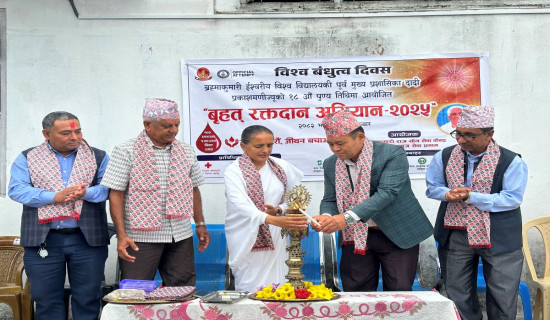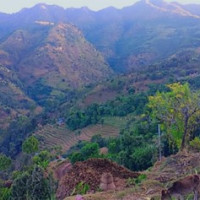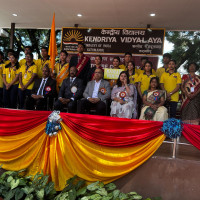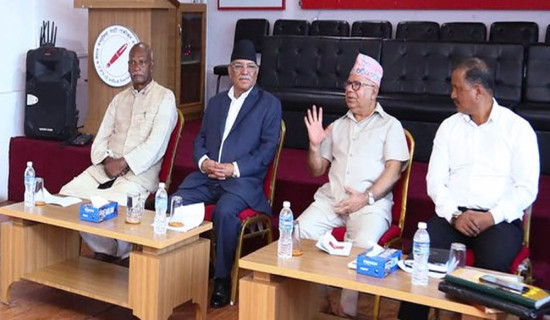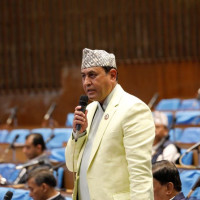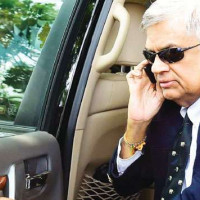- Saturday, 23 August 2025
Therapy Is A Privilege
Seek help. We hear it everywhere, from classrooms, campaigns, and conversations. But in Nepal, the ability to seek help through therapy remains out of reach for the vast majority. The hard truth is this: therapy is not a resource everyone can access. It is a privilege, one that most Nepalis cannot afford, locate, or culturally relate to.
While mental health awareness is growing in urban Nepal, the physical facilities to take care of that awareness are almost absent. There is only a single government mental hospital that caters to the over 30 million people in the country. Fewer than 0.2 psychologists and 0.4 psychiatrists are available per 100,000 citizens, almost all of them being located in Kathmandu and in some larger cities. The World Health Organisation reports that there are only 30 to 32 trained clinical psychologists in formal or private practice in the whole country. In the meantime, the national budget on mental health is less than 1 per cent of the total national health budget.
Private therapy sessions, ranging from Rs. 1,000 to 3,000, are a luxury in a country where many live below the poverty line. Public hospitals lack dedicated counseling services and trained professionals. Though Nepal drafted a Mental Health Policy in 1996 and again in 2017, these documents sit idle, unfunded, unimplemented, and legally toothless.
If our health system struggles to deliver even basic physical health care in rural and remote regions, what hope is there for mental health? In districts where patients still walk hours for antibiotics, therapy remains an unimaginable concept. It is not just unavailable, it is structurally excluded.
Even when therapy is available, it is often inaccessible in other ways. The dominant model is Western: individualistic, talk-heavy, and centred around introspection. It demands that people name their pain, analyse their behaviour, and articulate feelings fluently, often in English or formal Nepali. But what if someone’s distress stems not from confusion, but from caste violence, displacement, hunger, or abuse? What if their pain is collective, not clinical?
Emotional suffering is something that is not discussed in most Nepali households. It is silenced, not shared. Children learn to endure it. Mental disorder is perceived to be weakness or even madness. These ingrained stigmas isolate individuals further, and they remain unable to avail themselves of help even when they desire it.
The result is tragic: those most affected by mental health struggles are least likely to get care. And yet, we continue to build awareness campaigns without building services. We tell people to “speak up” without giving them someone to speak to.
What Nepal needs is urgent, systemic change. We must invest in community-based mental health programmes, embed support in schools and primary care, and train culturally competent professionals across provinces. Therapy must be available in local languages and in formats that reflect our lived realities. Above all, there must be a legally enforced licensing system for psychologists and counsellors to ensure ethical, safe, and accountable care.
Mental health cannot be a privilege for the urban few. It must be protected as a public right, just like physical health. Until then, therapy will remain a symbol of inequality, a silent reminder that in Nepal, healing is still a luxury.



